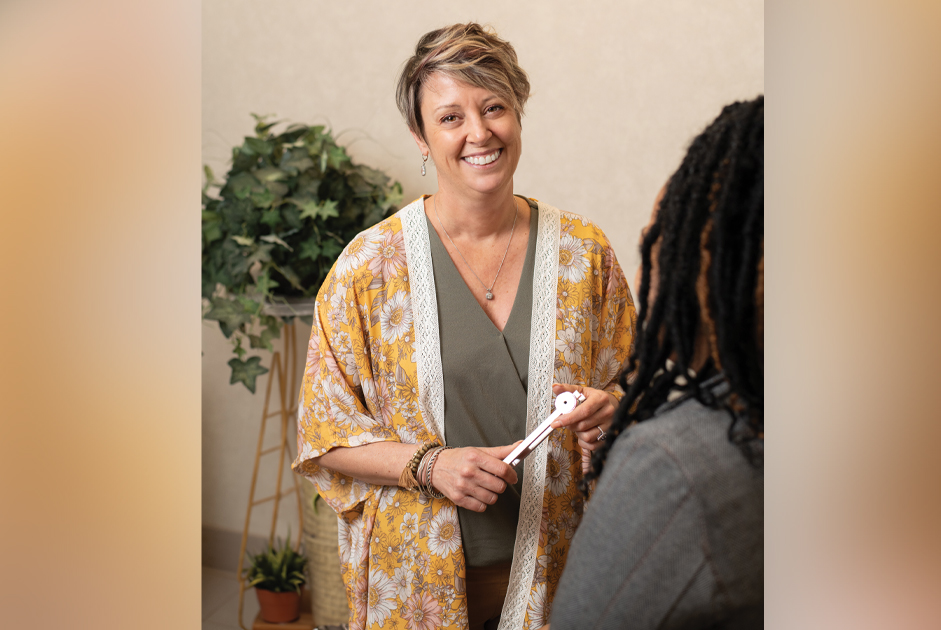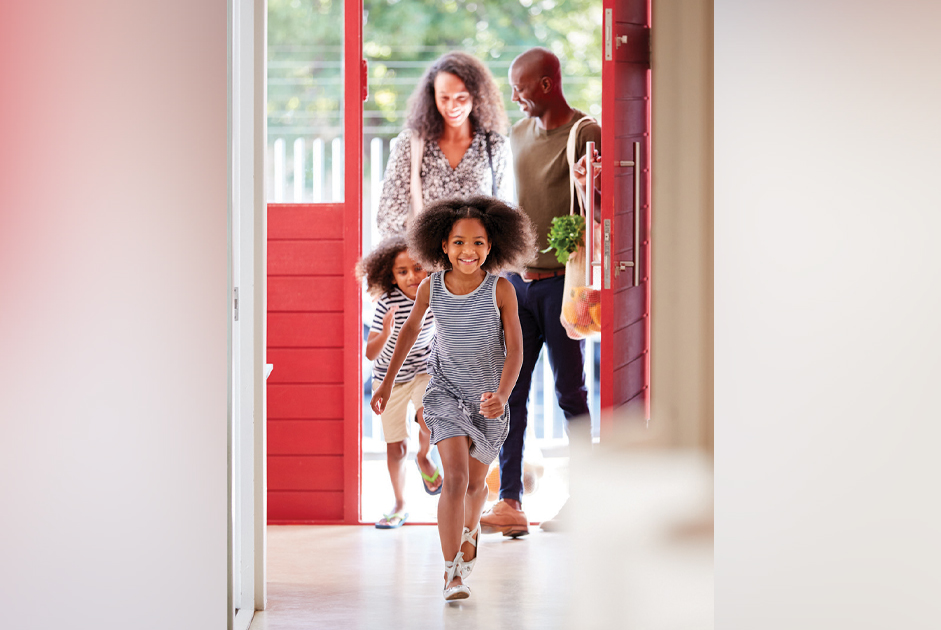You’ve arrived in the promised land of retirement with your significant other and, to your utter dismay…it’s not exactly smooth sailing. You think, “It’s me.” Or, “It’s not my fault.” Or even, “Wait a minute. Didn’t we have this all figured out?”
If so, you’re not alone. Clinical psychologist Sara Yogev points out that, “Roughly one-third of retirees experience some form of depression in the first two years post retirement and that marital satisfaction for both men and women is at its lowest in that time frame.” Regardless of how well you planned ahead, retirement is a transition, a shift for you and for your life partner. That shift likely means you’ll need to make some “emotional” adjustments, sooner rather than later.
Mindset First
You and your partner may be getting on each other’s nerves, bickering, or drifting off in opposite directions. Remind yourself that this is new territory and focus on listening with a “fresh” set of ears. Then, be flexible and willing to compromise in ways that will allow you both to experience greater satisfaction in retirement.
Adjustment Topics and Tips
- Your retirement vision Start with the hopes, dreams, and plans that you cherished when you were winding up your working years. How have they evolved? Maybe the pandemic taught you that you want to explore new friendships and activities. For your spouse, being a homebody works just fine. The point is to revisit and update how you envision your retirement now that you’ve been at it for a while.
- Your roles and identities One of you may feel overburdened with household responsibilities. Or maybe you or your partner find life without work “not enough,” and see a significant volunteer role as a way to fill the void. Whatever changes have occurred in your roles and in the identities you have in the world, make sure you talk them through to update your understanding.
- Your finances Many couples spend a good deal of time planning their finances ahead of retirement. While that’s critical, it is also realistic that priorities change, that unforeseen events occur, or that the things you enjoy simply cost a lot more than you expected. Go back to the spreadsheet, but first have a heart-to-heart about what matters most and where you can practice some give and take.
- Your space One of retirement’s biggest adjustments is the amount of time partners spend in the same space. With the COVID pandemic, that time grew even more for most couples. No matter how much you love one another, all of that constancy may bring on newfound annoyances. Whether it’s a She Shed, a Man Cave, a reading corner, or something else, be intentional about carving out physical spaces where you refresh and recharge apart. You’ll both benefit when you reconnect.
- Your personal time Yes, there are couples who choose to spend most of their waking hours together and others who “meet up” for dinner, or for particular activities. Personal time can be a real source of conflict and dissatisfaction when each partner has a very different idea about how much is ideal. It’s important to get this on the table so that you can work it through.
- Your time together The same is true here, except that it’s about quantity and quality. Ideally, neither partner feels “forced” into spending significant time on activities they have very little interest in. The experts agree that “quality time” together in retirement is as important now as ever. So, plan date nights, lock in a special dinner or a weekend away now and then. In other words, don’t just leave it to chance.






















